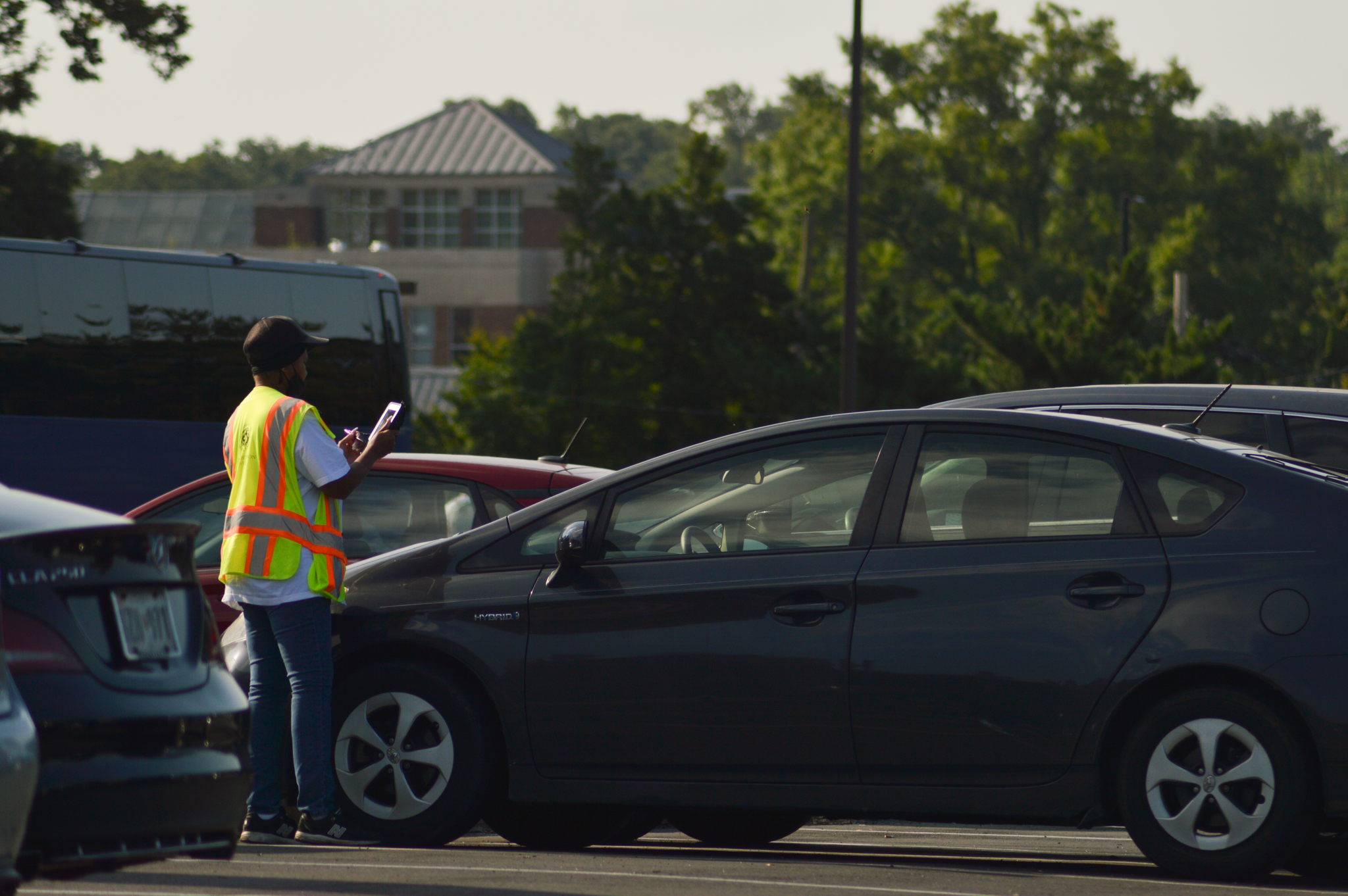Views expressed in opinion columns are the author’s own.
I recently learned DOTS handed out 43,000 parking citations last school year. This made me curious about how much DOTS makes off of citations alone — the figures I discovered were jaw-dropping.
We’ve learned the Department of Transportation Services generated an absurd amount of money from parking citations. According to a spokesperson, the department received $2.6 million in revenue from them in the previous fiscal year. And that doesn’t even account for revenues from parking meters around campus.
If a portion of these funds were circulated back into student life, it could have profound social benefits for the heart of campus.
The University of Maryland is home to over 800 organizations and clubs, each with their own financial needs. In my experience, I’ve seen this range from a few hundred dollars to several thousand depending on the size and scope of the club. Funds serve various purposes, from covering membership fees to paying for transportation services. However, there’s no guarantee these payments will be fully covered by the university.
Organizations receive a substantial portion of their funding from the Student Government Association. But with leftover COVID-19 money — something they’ve utilized each of the last two years — no longer an option next semester, they’re unable to fully fund clubs. This has led club leaders to rely more heavily on other sources for revenue.
Fundraising and working concession stands can be lucrative options for clubs hoping to overcome budget shortfalls. These opportunities can spark entrepreneurial innovation and act as a team-building activity among members. But they’re also time consuming and difficult to manage, especially for smaller clubs.
Bake sales, pop-up thrift shops and “pie-in-the-face” contests lose their novelty appeal over time. Running concessions is typically the most profitable, however, it necessitates 15-20 staffers and a commitment to work six games. This is an impossible task for clubs with a dozen active members.
Students should not bear the brunt of generating the funds needed for their clubs to operate. Instead, they should be able to rely on a fully-funded entity like the SGA that can ensure their needs will be met.
To provide additional funding to clubs, administration would have to refigure the operating budget to ensure DOTS is fully funded. DOTS is currently a self-supported agency that generates its own revenue, meaning they likely depend on parking citations to cover overhead costs. Even with them reaping in money from citations and permits, they were still in a $6 million dollar deficit as of early 2020.
Obviously the ideal system is to fully fund both student organizations and DOTS. But with fluctuating costs on both ends, it’s better to prioritize fully funding DOTS and having their citation profits recirculated back into the university, with a significant portion earmarked for student groups on campus.
Redirecting a portion of DOTS revenue would help support a worthwhile cause. It could be enough to recuperate the budget cuts some clubs are facing, and would help sustain student culture on campus while enhancing the quality of clubs.
I know firsthand the impact an additional $1,000 can have on a student organization. From my experience leading a club on campus, our leadership team has relied on personal funds to cover some expenses. This wouldn’t have been necessary if our group was allotted sufficient funds from the start.
Under this funding system, DOTS would take the unfortunate circumstance of receiving a ticket and turning it into a positive. Imagine if your $85 ticket turned into an investment for the club you’re a part of. I don’t know about you, but that would take the edge off of my frustration.
The bitter situation can have a sweet outcome. Knowing parking tickets go to student causes is likely to garner positive support among the campus community. I would much rather see parking ticket fines go to an investment than to the agency that writes the tickets.
Hunter Craig is a senior public policy major. He can be reached at hpcraig@terpmail.umd.edu.



